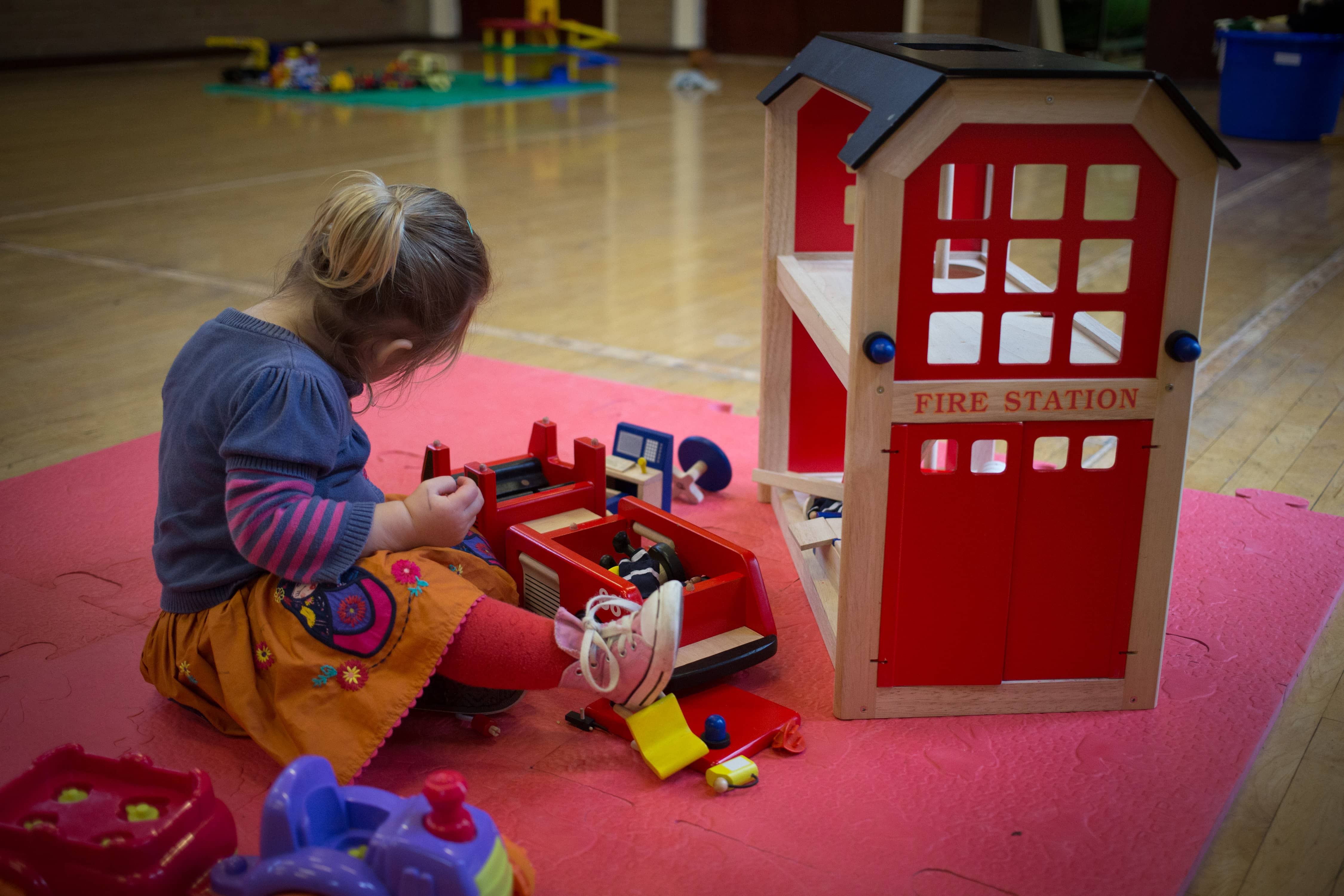Everybody agrees that childcare in Britain is an unholy mess. According to a new study, tens of thousands of parents are desperate for ‘radical change’. And yesterday, after a petition bemoaning childcare costs received 112,907 signatures, Labour’s Catherine McKinnell kicked off a Westminster Hall debate to address funding and affordability.
Her answer, inevitably, was more state spending — on nurseries, parents, even an independent review. But the awkward truth is that more state interference makes childcare more expensive.
We already pour £6 billion of taxpayer money into the sector each year, and the results are miserable. The quality is often poor, staff retention a perennial battle, and closures common. In the 11 months to June 2021, 370 child care providers closed. While female participation in the workforce is often cited as reason for government intervention (think gender pay gap reporting), there’s limited evidence that interventions we’ve made so far actually assist women back into work after maternity leave. But this doesn’t stop us from spending lots of taxpayers money, regardless of the outcome.
MPs were at pains to stress yesterday that a full-time place at nursery costs, on average, £14,000, vastly more than many parents can afford. Yet the voices explaining how and why successive governments have pumped up demand through subsidies while limiting supply with formalisation and regulation were very quiet indeed.
Let’s start with the subsidies. Since 2010, government has offered all parents, regardless of means, 15 ‘free’ hours of childcare per week for children over the age of three. But as it does with elder care, government pays below the market rate. That leads to cross-subsidisation – from self-funders in care homes, or non-subsidy children in nurseries.
The result is that parents with younger children, or those requiring special or comprehensive care, are charged hefty fees in an effort to recoup costs. The government also offers ‘tax-free childcare,’ support for school-based after-school care, and childcare cost relief through Universal Credit. But nurseries still fold and prices continue to soar.
Heavy-handed regulations in the childcare sector are no less damaging. We have the highest teacher-to-child ratios in Western Europe. To put this in perspective, some Scandinavian nations have no restrictions at all. This regulation is hamstringing nurseries, driving down profits and pay. This helps to explain why 45 per cent of childcare staff receive some kind of benefit: the state has all but ensured they can’t take on more clientele, and raise more money through the private sector. So they look to the state for support instead.
The Early Years Foundation Stage is needlessly bureaucratic intrusion based on an educational model of childcare unsuitable for toddlers using nurseries for limited periods. We are unique in Britain in our fixation on monitoring, observing, logging and photographing children in these settings. I suspect most parents would prefer to see staff interacting with their offspring rather than detailing how their child threaded a piece of string through some dried penne.
It doesn’t stop there. Childminder registration, extensive training, Ofsted inspections, class size restrictions and more have driven providers out of the sector. Over 1,800 childminders (5.2 per cent of the total) have thrown in the towel over the past year, reducing choice for parents. Meanwhile, our new visa regime has all but eliminated the au pair option, since now parents will have to pay them a minimum salary of £20,480 per year.
Policymakers are aware of the scale of the problem, but their solutions are typically ‘more funding,’ ‘full nationalisation,’ or ‘extending “free” hours provision’. None of these are in the best interests of toddlers – or their parents. Perhaps it’s hard to grasp the nettle when oft-conflicting aims make evaluating performance difficult. How do you improve quality, boost the life chances of children from disadvantaged backgrounds and prevent women from abandoning their careers after the birth of their children, all the while while ensuring provision is cheap and available to all? You can’t.
These disparate aims need to be overhauled. The guiding principle must be that parents should be allowed to make free decisions about the types and quality of care they want for their children. Importantly, parents should be able to select informal arrangements or staying at home. There is very limited evidence to suggest that group sizes and ratios are having the desired effect.
Already, pupils in Britain begin primary school younger than on the continent. There is no need for them to be assessed – or parented – by the state any sooner. We should unwind this misguided experiment and use it as a case study to discourage government interference in other areas. The alternative is yet more subsidies that sap pluralism from the market, strip parents of choice, and allow costs to spiral for all involved.







Comments